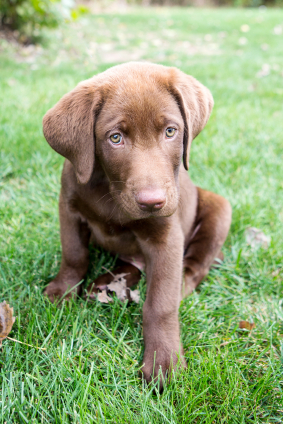Lawn and Garden Chemicals and Your Pet
 Many people take pride in a green, weed-free lawn or a beautiful flower bed. Sometimes, though, the chemicals that are used to make this happen can cause more harm than good. Many of these chemicals are harmful and even fatal to our pets. Educate yourself before using lawn and garden products this summer. Oftentimes a more natural solution exists to help you to achieve your goals without risking the health of your pets.
Many people take pride in a green, weed-free lawn or a beautiful flower bed. Sometimes, though, the chemicals that are used to make this happen can cause more harm than good. Many of these chemicals are harmful and even fatal to our pets. Educate yourself before using lawn and garden products this summer. Oftentimes a more natural solution exists to help you to achieve your goals without risking the health of your pets.
Red Light (Avoid completely)
Disulfoton pesticides are extremely toxic and can be very tempting for curious pets to eat. Ingestion can lead to vomiting, diarrhea, seizures, and even death. Most commonly this product is found in rose care products.
Metaldehyde slug and snail baits are another deadly (and tasty) garden temptation. Tremors, seizures, and death can result from ingestion.
Yellow Light (Use with caution)
Herbicides such as Roundup are not usually fatal, but they can cause serious problems such as digestive upset. When using them keep pets indoors and put away anything that might end up in their mouth (food bowls, chew toys, etc.). Do not allow pets to be exposed to the area until it is dry or as otherwise directed. Read packaging thoroughly and follow all recommendations.
Sadly, not much research has been done in the way of long-term effects of lawn and garden chemicals. Lawn care products are not tested for chronic health effects unless they are licensed for food use. Some studies have suggested increased risks of cancer in pets exposed to these products, although nothing has been proven conclusively. The safest course of action is to steer clear of them when possible.
Green Light (Best practices)
Organic options exist for tackling many common lawn and garden problems. Many lawn services now offer such alternatives. The Environmental Protection Agency also provides a guide for more natural lawn care options. These alternatives are certainly better for the environment, and are the safest course of action for our pets (and likely people, too!).


